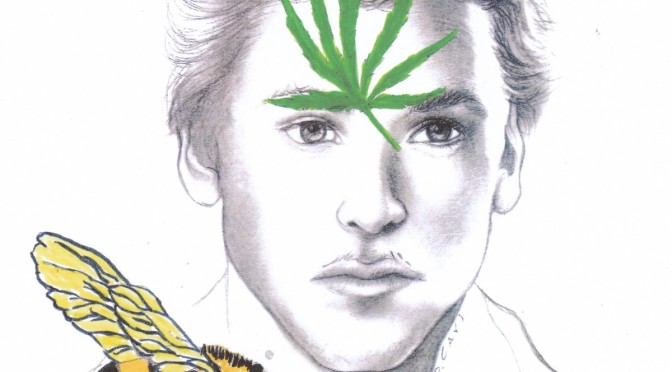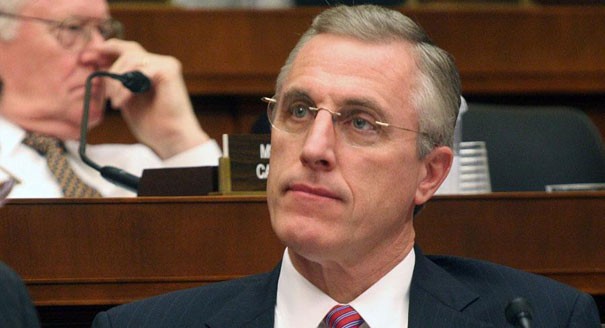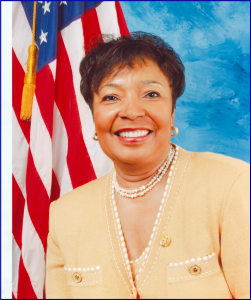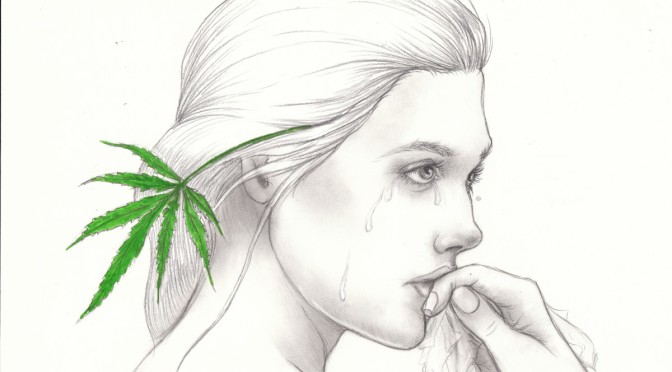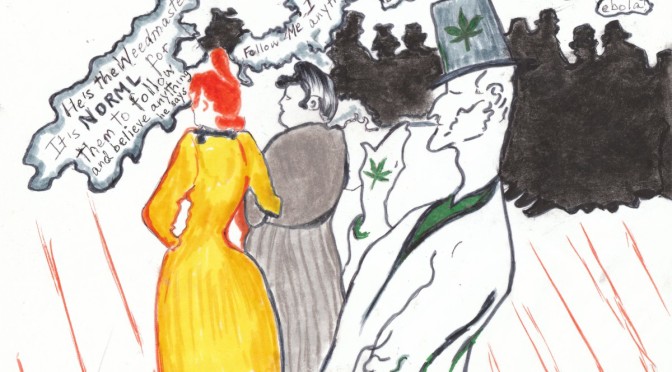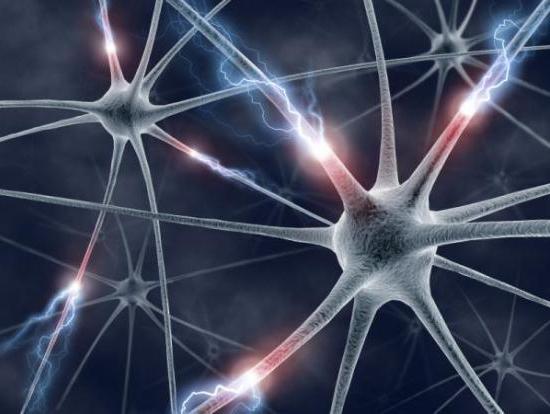Wake Up, America, to the Looming Mental Health Crisis
by Lori Robinson, co-founder of Moms Strong After losing my own kid, I caution parents not to live in denial of marijuana, as I did. Your child will be exposed to marijuana and is likely to experiment with it. It is my mission to prevent other young people from going down the same path my son did.
Just because something originates in nature doesn’t mean it’s safe. Like some people die from a bee sting, a part of mother nature, some people die from the consequences of using marijuana, or they spiral out of control.
If a person who uses today’s highly potent marijuana goes into psychosis (or depression, panic attack, other psychiatric presentation), please get the proper treatment. The mental health system needs to first address the drug effects and assess the need for addiction treatment. Next, wait for the drug-induced mental illness to run its course. Then educate about brain health.
Our California Problem
In California, it’s common to rope young marijuana users with psychotic symptoms into the label of a permanent, debilitating mental illness rather than give them addiction treatment. When it comes to strong males like my son, they also flood them with powerful, unnecessary pharmaceutical drugs. In the case of cannabis-induced psychosis, the anti-psychotics are often ineffective against the psychosis.
For some youth, the diagnosis of bipolar disorder may also be devastating. After all, everyone else is using marijuana and it’s a sign of weakness not to be able to handle pot. As reported recently in the Desert Sun, “Despite robust scientific research about the negative potential effects of marijuana use, young adults tend to underestimate the risks……Nearly two-thirds (60.5 percent) of young adults surveyed who use marijuana do not think it’s addictive, and just as many (60.8 percent) do not think marijuana can damage the brain.”
Our children and teens need to learn the true harms about today’s pot, especially to their, young, developing brains. The marijuana financiers should stop pretending they know about medicine. Medical marijuana practitioners are doing far more harm than good, as the one who gave pot to my friend Leah’s son, Brandon.
If marijuana is legalized nationally, the need for mental health treatment will explode. Psychiatry is a tricky field with less success than other medical specialties such as heart disease or emergency medicine. The fallout will be huge. Wake up, America. We are in uncharted waters. Marijuana use is growing nationwide and your kid may be the next casualty.
How do We Know Who is Vulnerable?
We don’t know. There’s no genetic test to discover who is susceptible to adverse mental health problems from pot. Those who have fancy educations and six-figure incomes frequently brag about their ability to use without negative consequences. (Their families may see it otherwise.)
This boasting shames people — particularly youth — into feeling they should be just as powerful. Some people continue even when they know it’s bad for them.
As a child, I was stung by bees several times. Each time my reaction got progressively worse. The last time it happened was at age 16; the doctor told me I could die if it happens again. Why is marijuana use like a fatal bee sting that makes some people swell until they implode?
Stop the Denial
So many young people develop adverse effects from using today’s high-strength pot. The marijuana advocates are pushing it because there’s so much money to be made. The don’t want potential users to become aware of these problems. They preach that nationwide legalization is inevitable and foster denial.
Research around the globe proves that marijuana causes panic attacks, paranoia, severe anxiety and/or depression. American hospitals often don’t consider marijuana a factor in the picture of mental health, and that’s a tragedy. There’s an urgent need for psychiatry to train more addiction specialists. If users quit after the first episode of psychosis or mental health disorder, they probably can avoid a permanent psychological problem. However, these users must never go back to pot again. It’s like avoiding the bee stings if someone who’s allergic doesn’t want a fatal reaction.
How many American families have lost a member to suicide, and now suspect it was undiagnosed bipolar disorder? How many of these loved ones have been marijuana users, or former users? Rashaan Salaam, the Heisman Trophy winner who killed himself last week, suffered from marijuana addiction which destroyed his career.
Maybe these families placed their denial in the wrong diagnosis. Youth who use marijuana are 7x more likely to attempt suicide, as reported in Lancet Psychiatry Journal in September 2014. How many of these loved ones have been marijuana users, or former users?

